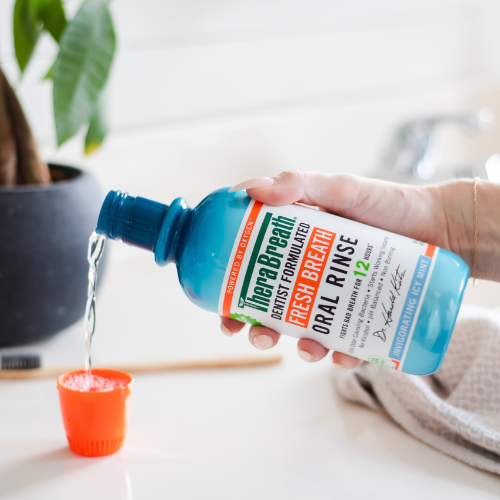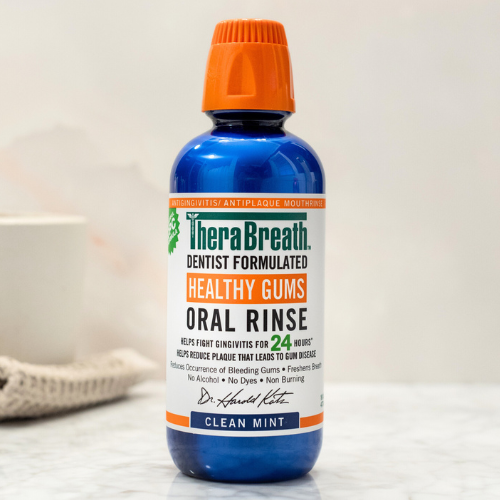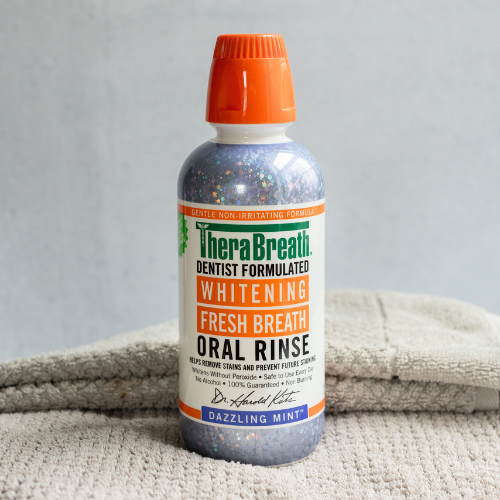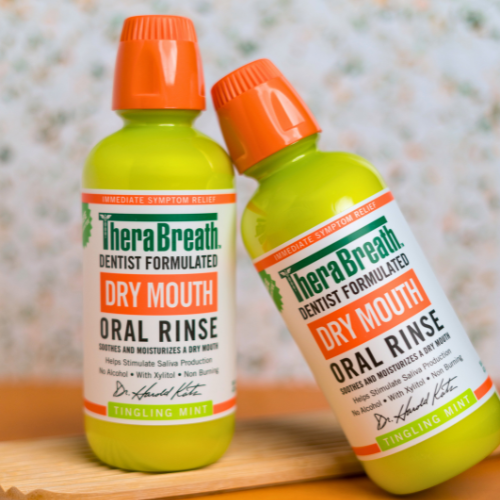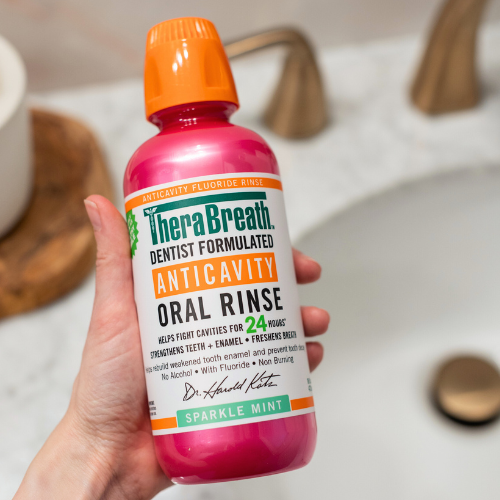
How to Tell If Your Breath Stinks
Share
Understanding Bad Breath
Bad breath originates from various sources, primarily within the mouth. Factors such as food particles, poor oral hygiene, gum disease, dry mouth, and certain medical conditions can contribute to unpleasant odors. Even some medications can cause bad breath!
Recognizing and addressing bad breath promptly can help maintain your confidence and oral health. But how can you tell if your breath is fresh or foul? Let’s explore effective methods to assess your breath and ensure it remains pleasant.
Why Is It Difficult to Smell Your Own Breath?
You might think that detecting bad breath would be easy, but in reality, our noses aren’t great at picking up our own odors. Here’s why:
Your Nose Adapts to Familiar Scents
Our sense of smell is designed to filter out background odors that we experience frequently. This phenomenon, known as olfactory adaptation, means that because you constantly exhale your own breath, your nose becomes desensitized to it over time.
The Way You Breathe Affects Detection
Most self-tests rely on exhaling through the mouth and inhaling through the nose. However, because your mouth and nose are connected internally, your nose is constantly exposed to your own breath, making it difficult to detect subtle changes in odor.
Bad Breath May Be More Noticeable to Others
Bad breath is often strongest at the back of the tongue and throat, where odor-causing bacteria thrive. Since you typically exhale forward, those odors disperse outward rather than back toward your nose, making them more noticeable to others than to yourself.
How Far Can Someone Else Smell Your Breath?
The distance at which someone can smell your breath depends on factors impacting how strong your breath smells. In close conversations (within a foot or two), bad breath is more noticeable, while stronger odors from food or tobacco use can sometimes be detected from farther away.
How to Smell Your Own Breath
Now you know why it is difficult to smell your own breath, but is there a way to know how your breath smells? Yes! There are several tests you can use to test your breath at home:
The Wrist Test
Lick the inside of your wrist, allow it to dry for a few seconds, then sniff. If the area smells unpleasant, it's likely your breath does too. This method provides a quick snapshot of your breath’s odor.
The Spoon Test
Gently scrape the back of your tongue with a clean spoon, let the residue dry, and then smell it. An unpleasant odor indicates bad breath. This technique targets the back of the tongue, a common area for odor-causing bacteria.
The Floss Test
Use dental floss between your back teeth, then smell the floss. An unpleasant odor can indicate bad breath. This method checks for odor-causing bacteria between teeth.
The Hand Cup Method
Cup your hands over your mouth and nose, exhale, and inhale through your nose. This can give you a sense of your breath’s odor, though it’s less reliable due to your nose’s familiarity with your own scents.
How to Prevent Bad Breath
Adopt a Consistent Oral Hygiene Routine
Brushing and flossing daily are essential to prevent bad breath. Incorporating an alcohol-free mouthwash into your routine to kill bacteria and freshen your breath can help extend the life of your good oral health habits. For effective solutions to maintain fresh breath, consider incorporating TheraBreath’s Fresh Breath products into your oral care routine.
Brushing your tongue
For hard-to-treat bad breath, brushing your tongue, or using a tongue scraper, can help remove bacteria buildup that contributes to odor. But be cautious as improper use (scraping too hard or too long) can result in a painful, dry tongue.
Use your tongue cleaner with a very gentle cleansing motion from the back to the front of your tongue.
Stay Hydrated
Drinking plenty of water helps prevent dry mouth, which can contribute to bad breath. Saliva plays a crucial role in washing away food particles and bacteria.
Use Products to Increase Saliva Production
Products that help stimulate saliva production are an excellent choice if you are suffering from bad breath. This is because your saliva helps to cleanse your mouth, neutralizing odors. TheraBreath Dry Mouth Lozenges are an excellent choice for fresh breath on the go.
Monitor Your Diet
Certain foods like onions, garlic, and spicy dishes can cause bad breath. Be mindful of your diet and consider brushing your teeth or using mouthwash after consuming such foods. Learn more about which foods cause bad breath.
Avoid Tobacco Products
Smoking and other tobacco products contribute to bad breath and can lead to gum disease, hence the term smoker's breath. Quitting tobacco use can significantly improve your breath and overall health.
By following these steps and using the right products, you can confidently maintain fresh breath every day.
